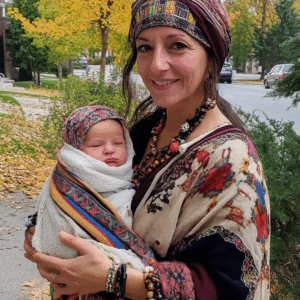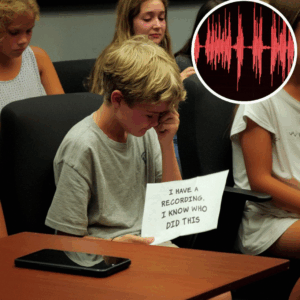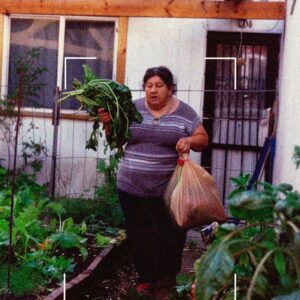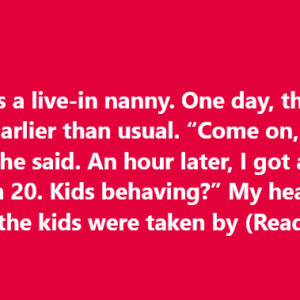Janet, a 62-year-old grandmother, has been regularly babysitting her son’s blended family for the past three years. Her daughter-in-law, Sarah, has three children from a previous relationship, plus a baby with Janet’s son, Mark. While Janet adores her biological grandson, she finds caring for all four children exhausting, especially since she was asked to babysit 12 times in a single month. Feeling overwhelmed and unappreciated, she decided to draw a boundary.
When Sarah asked her to babysit again, Janet agreed to watch only her biological grandchild for free, but said she would charge $15 an hour for the other children. Sarah didn’t argue, but the next day she arranged for her mother to take the older kids instead. This deeply upset the children, who had come to love Janet as their grandmother. When Mark found out, he was furious, accusing Janet of rejecting the children he considered his own.
The fallout was immediate. Mark stopped speaking to her, Sarah kept her distance, and even Janet’s daughter and elderly mother criticized her for being cruel. The children were confused and hurt, with one granddaughter crying and another asking if Janet was sick because she hadn’t called. Janet, heartbroken, realized she missed all of them but still felt she had been taken advantage of after years of unpaid childcare.
Now, Janet is torn. She believes she had every right to set boundaries and ask for fair compensation, yet she worries that by separating her biological grandchild from the step-grandchildren, she may have damaged her family bond beyond repair. The children don’t see the difference in logic — they only feel abandoned by the grandmother they love. Janet is left wondering if she made a mistake and whether she can mend the relationships before it’s too late.





